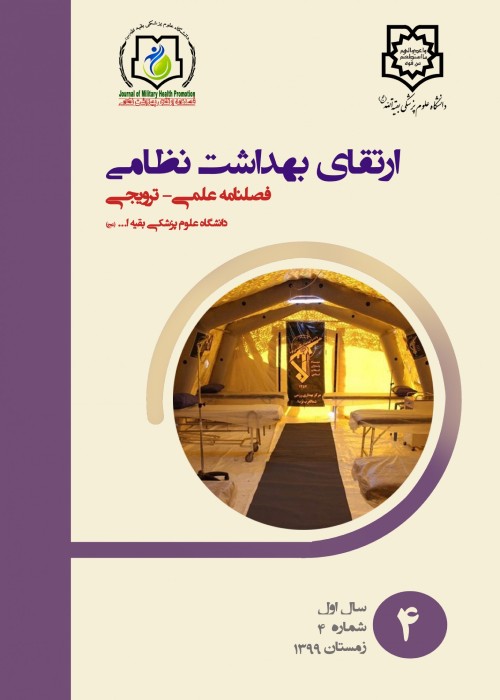Effects of computerized cognitive control training on cognitive function and motor coordination in boys with ADHD
The aim of this study was to investigate the effects of computer cognitive control intervention on cognitive functions and motor coordination in children with attention deficit hyperactivity disorder (ADHD). Forty boys between 7 and 11 years of age were randomly divided into three groups: cognitive control, mind games and control (20 children in each group). This intervention was performed for 8 weeks. Before and after the intervention, and 48 hours after the intervention, both groups completed the Color Trace Attention Test, the Continuous Performance Test, and the Lincoln Oseretsky Motor Growth Scale. The results show that the cognitive control exercise program significantly improves the parameters of speed and attention retention. In terms of motor coordination, the results showed significant improvement in all four subtests (body balance, hand agility, aiming and finger agility). Overall, the results show that the cognitive control program significantly improves cognition and motor coordination in children with ADHD. Efforts to improve each of the cognitive processes can increase a learning abilities and skills and improve his performance in various areas of social and professional life. Improving cognitive control can also alter brain function and, consequently, improve motor coordination. Therefore, a computer cognitive control training program is recommended to simultaneously improve cognitive functions and motor coordination in children with ADHD.


